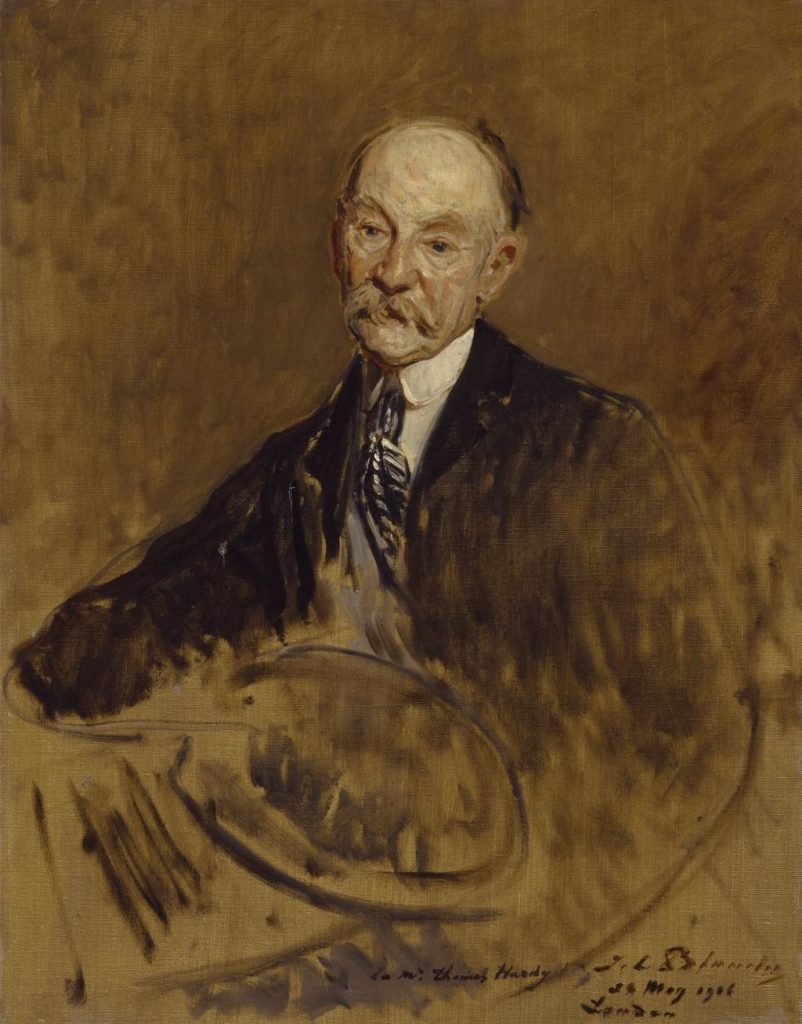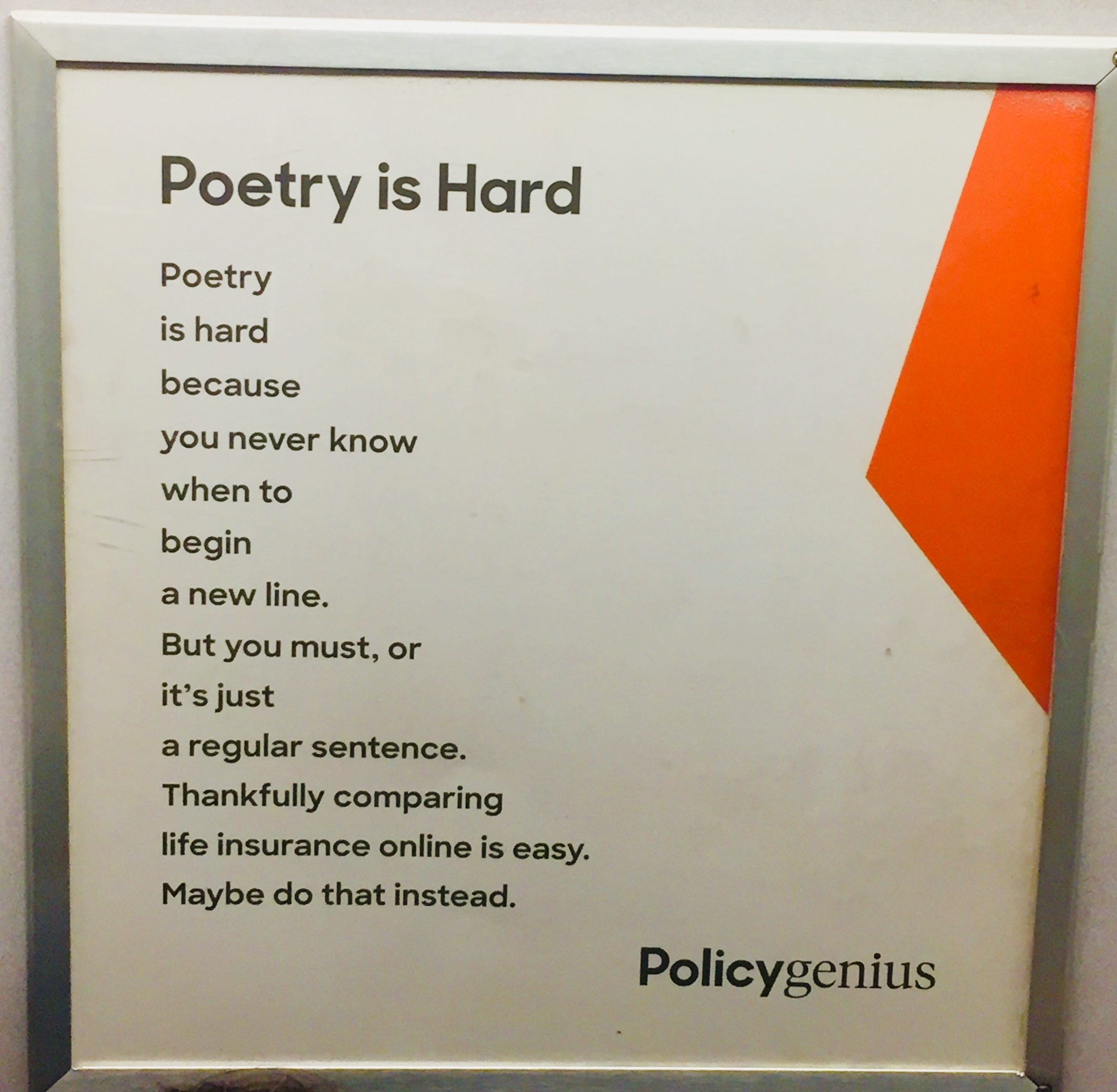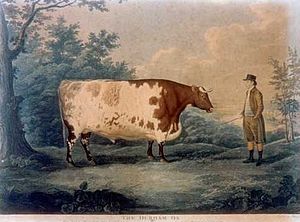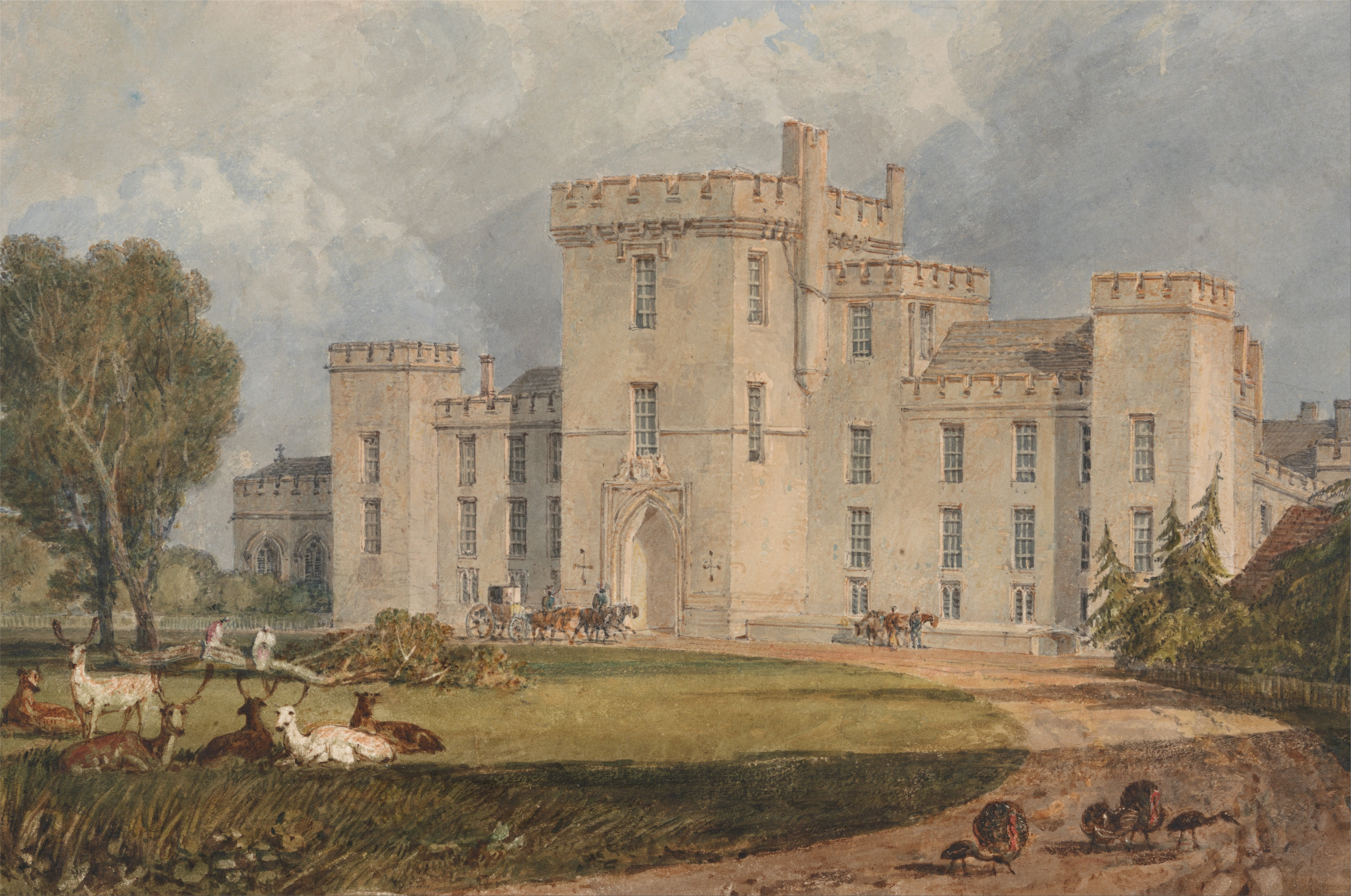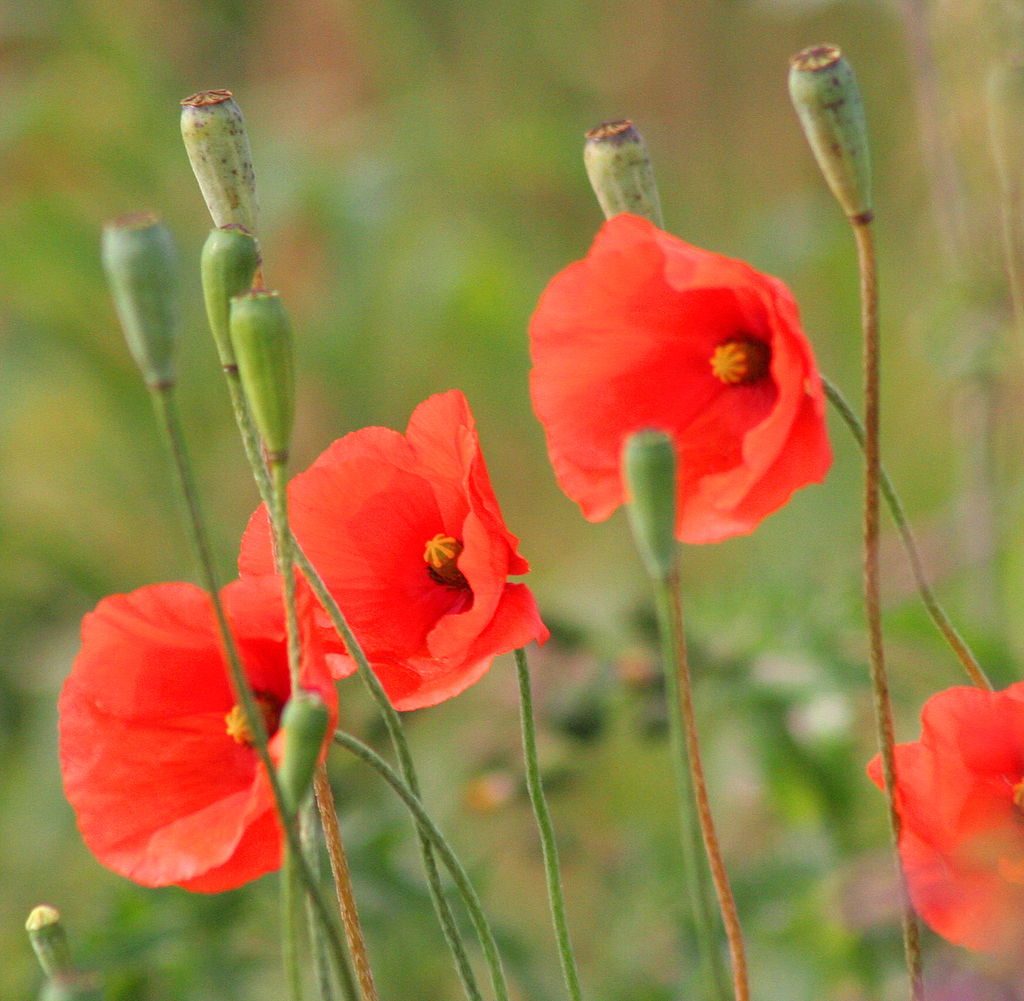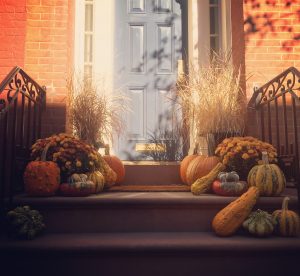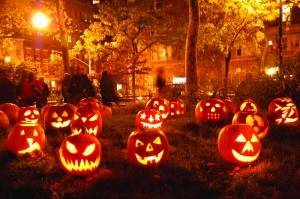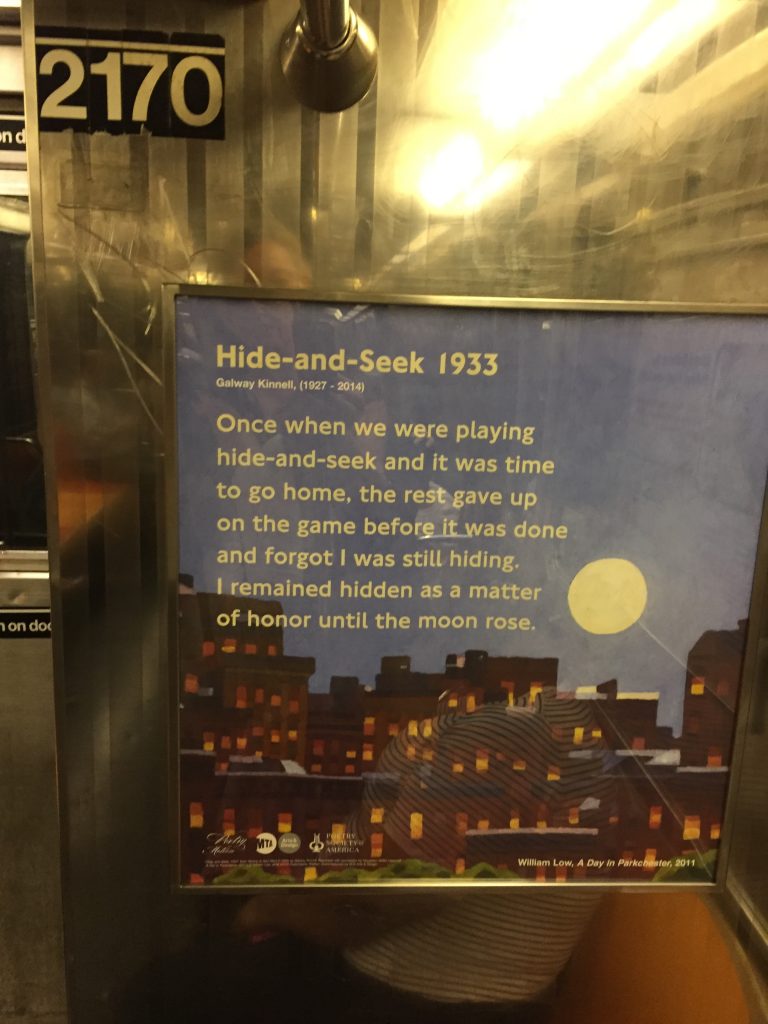New Year’s Eve
“I have finished another year,” said God,
“In grey, green, white, and brown;
I have strewn the leaf upon the sod,
Sealed up the worm within the clod,
And let the last sun down.”
“And what’s the good of it?” I said.
“What reasons made you call
From formless void this earth we tread,
When nine-and-ninety can be read
Why nought should be at all?
“Yea, Sire; why shaped you us, ‘who in
This tabernacle groan’—
If ever a joy be found herein,
Such joy no man had wished to win
If he had never known!”
Then he: “My labours—logicless—
You may explain; not I:
Sense-sealed I have wrought, without a guess
That I evolved a Consciousness
To ask for reasons why.
“Strange that ephemeral creatures who
By my own ordering are,
Should see the shortness of my view,
Use ethic tests I never knew,
Or made provision for!”
He sank to raptness as of yore,
And opening New Year’s Day
Wove it by rote as theretofore,
And went on working evermore
In his unweeting way.
— Thomas Hardy, 1906

